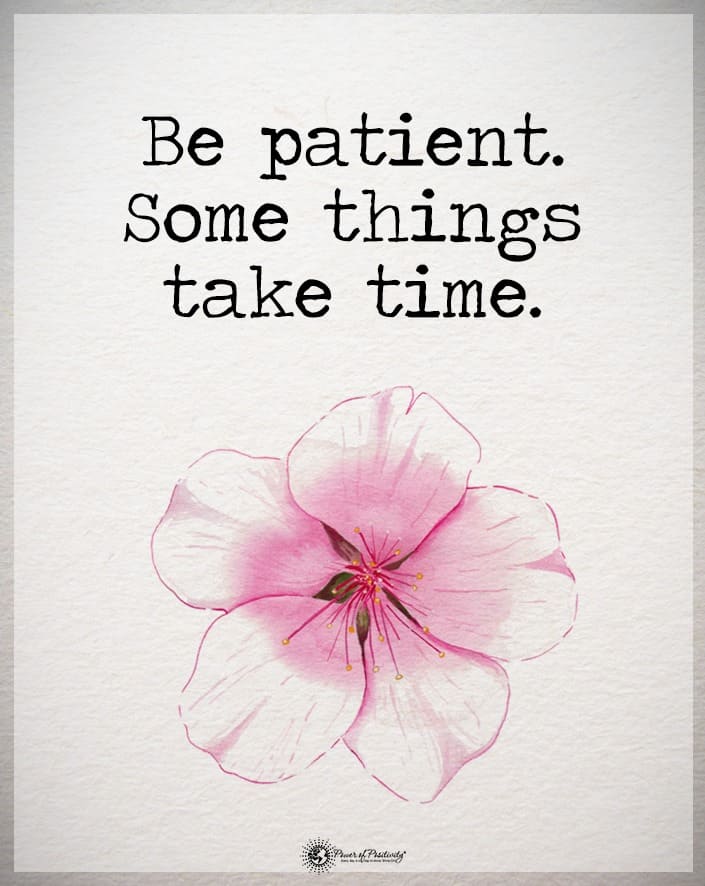Think of the kind people who helped guide you to where you are today. They invested time, resources, and energy for you to gain knowledge and skills to be successful. What are the benefits of being a mentor to others?
The idea of elders teaching their young how to survive and preserve sacred traditions is as old as humanity. Youth in nearly all cultures respected their parents and community elders and followed their examples. They learned valuable life skills and how to pass on their culture to the next generation.
It was also typical for elderly warriors and master artisans to advise non-family youth as they matured. An article published by World History shares that Mentor was a character in Homer’s classic poem Odyssey in the 8th century BCE. This character was an advisor to the young king Odysseus.
Priests and philosophers in the ancient world used this training to form the first classrooms. Over 2,400 years ago, the legendary Greek philosopher Socrates set the stage for advising, teaching, and mentorship in the Western world. His teaching methods are still used in modern schools and universities.
In the Eastern countries, the great Chinese philosopher Confucius was noted to be one of the world’s first private teachers. His advising within families, along with global teaching concepts, is still used for student bonding today.
Many schools, universities, and companies have dedicated support staff for training and mentorship. It can be in a group setting, or it can be one-on-one. However, many people feel the urge and moral responsibility to pass on their knowledge and skills to others.
Twelve Benefits You Discover as an Effective Mentor
 Since you’ll expend time, resources, and energy into coaching somebody, you probably wonder if it’s worth it? Since recorded history, humans have known that preserving life and culture depended on this unique teacher/student relationship. Here are 12 other ways you can benefit from advising someone at work or in your personal life.
Since you’ll expend time, resources, and energy into coaching somebody, you probably wonder if it’s worth it? Since recorded history, humans have known that preserving life and culture depended on this unique teacher/student relationship. Here are 12 other ways you can benefit from advising someone at work or in your personal life.
1. You Can Return the Favor
Do you still have admiration and gratitude for the advisors in your personal and professional life? Although you’ve probably thanked them many times over the years, you reflect your deepest gratitude when you follow their example. Lending a hand to young novices is your way of returning the effort of kindness.
2. You May Improve Your Interpersonal Skills
No matter what career path you choose, having excellent people skills is essential. It’s the only way you can effectively communicate with others to offer your goods or services. Interpersonal skills can always be improved, and personal coaching is an ideal way to do it.
As you share your knowledge and skills with a peer or a beginner, you build on your vocabulary and communication skills. You have positive interactions with your mentees and learn the value of active listening. Often, coaches say that they learn a great deal in return from their students.
3. You Can Broaden Your Circle of Friends
No matter the age, gender, or culture, everyone has something to share with others. As an advisor, you can reach beyond your small corner of the world. You’ll meet and work with people from all walks of life with different cultures and ideas.
The advisor-advisee relationship often evolves into a solid connection of friendship that can last a lifetime. Not only do you have camaraderie in your mentees, but you also may meet their families and friends too. Your social circle broadens, and you’re enriched with other cultures and traditions.
Likewise, you’ll share your ideas and practices, and you’ll never lack a subject for conversation.
4. Building Your Resume
When you coach someone in a trade or other skill, this training is valuable to their resume. Conversely, your professional resume will be more impressive if you add your mentorship. It shows your willingness to work as a team as well as your knowledge of the subject.
5. Building Your Motivation and Confidence
As a young person starting college or your career, your confidence may have wavered. Fortunately, you were guided by several personal coaches who encouraged you and gave you essential tools. The more you listened and focused on reaching your goals, the more confident and empowered you felt.
Now that you are an adviser to peers or other novices, you’ll have the confidence to share your experience. When you coach a person and are successful, you are part of their joy, and you feel better about your abilities as a helper.
6. Your Company Will Also Benefit
If you’ve spent several productive years working for a company, you have a lot to offer new employees. You’ve had the time to hone your skills and share them with others. Plus, you can warn your mentees of potential pitfalls to be successful in the company.
Thanks to your coaching relationship, the company gets employees with better training and a better understanding of what’s expected. There’ll be less downtime repeating past mistakes, and the company will enjoy a good reputation with clients.
 7. You’ll Also Improve Your Job Performance
7. You’ll Also Improve Your Job Performance
Regardless of how many years you’ve done a job, you’re never finished learning. You’ll always discover new ways of doing things and how to discard procedures that are no longer working for you. Being a coach can be part of this growing and learning process.
Also, when you teach others new concepts or skills, you reinforce what you’ve learned over the years. The way that teachers in all levels of education stay focused on their discipline is by teaching it. Plus, revised procedures keep the skills fresh for upcoming generations.
8. You’ll Earn More Respect in Your Profession
Whether you are an astrophysicist, master carpenter, or skilled baker, your livelihood depends on a solid personal and professional reputation. Many of your clients may have come to your door thanks to word-of-mouth recommendations.
As an advisor, you can boost your reputation by the successful mentees under your wing. Businesses soon realize that your proteges are top-notch, and you’re part of their accomplishments. Your skills as a coach will positively reflect on your abilities and your professional reputation.
9. Bridging the Generation Gap
Unless you are mentoring peers, most of the mentees in your life will probably be younger than you. It goes back to the prehistoric understanding that with age comes experience and wisdom. While these novices may have current knowledge of their generation, they need to discover your wisdom for applying it.
The more you share your experience with the next generation, the more similarities you’ll find. It’s the same connection that you had as a mentee with your early coaches. When people work together for a common goal, they have no use for ageism or other prejudices.
10. You May Become More Empathetic
Take a step back and remember your first day at school or your first job. You probably never forgot what a bundle of nerves you were, afraid that you would fail. Then, an experienced teacher, student, or coworker took you under their wing to be your guide.
Years later, you see novices who are in the same place you were. You have a more vital empathy for their situation, and you work harder to put them at ease. Your empathetic connection urges you to be part of their success.
11. You Can Improve Your Management Skills
You can be an effective coach without being a manager, but you can’t be a manager without being an effective coach. As a manager, a large percentage of your responsibilities revolve around guiding and motivating your employees. Excellent communication skills and positive motivation build your mentees’ morale and the company.
Even if you’re mentoring a peer, you’re learning valuable skills about the different ways people learn new things. You become an active observer and realize that everyone learns at different speeds. Such experience will serve you well in your present position or management.
12. It May Enhance Personal Relationships
The skills and knowledge you gain when you mentor others can also be helpful in your personal relationships. First, you’ve found how important it is to listen to others actively. You maintain neutral body language, mirror their emotions, and recap their statements, so there are no misunderstandings.
You also realize that you are just as responsible for the relationship’s success as the other person. Being a mentor helps you learn how to hear different viewpoints and make compromises as needed. Whether it’s a relationship with friends, family, or a mate, mentorship offers skills that benefit all.
 Final Thoughts on the Benefits of Being a Mentor
Final Thoughts on the Benefits of Being a Mentor
Along with these benefits of being a mentor to others is pure enjoyment. It lifts your spirits and makes you feel more connected in your circle. If you’ve had a crew of caring coaches in your life, honor their contribution and become a trusted advisor for somebody.


















